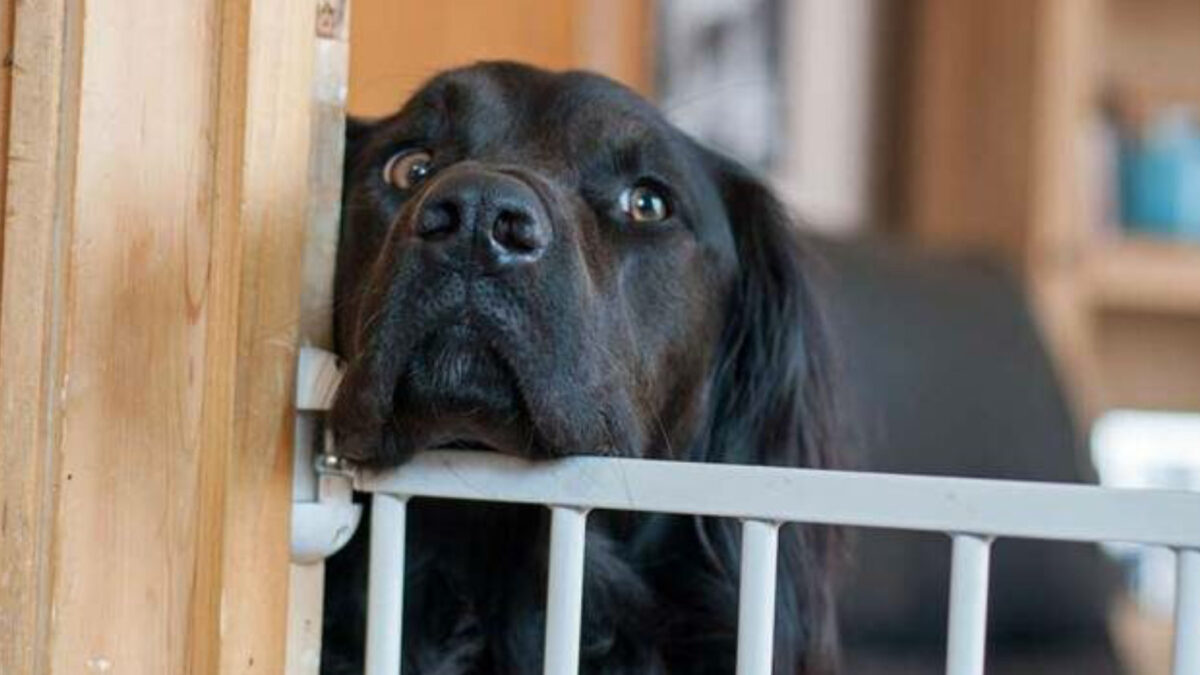If you have a pet, you know that they can be destructive at times. Whether it’s your dog chewing up your shoes or your cat scratching up your furniture, it can be frustrating and expensive to repair the damage.
There are a number of things you can do to prevent your pet from destroying your home. Here are some tips:
1. Provide plenty of exercise
One of the best ways to prevent destructive behavior is to make sure your pet is getting enough exercise. A tired dog is a good dog! Take your dog for walks, play fetch in the yard, or take them to the dog park. If your cat is an indoor cat, make sure they have plenty of toys and scratching posts to keep them occupied.
2. Give your pet a safe place to relax
If your pet doesn’t have a safe place to relax, they may be more likely to destroy things out of boredom or anxiety. Crate training can be a great way to give your dog a safe and comfortable place to call their own. For cats, you can provide a cat bed or a cozy corner in your home.
3. Supervise your pet when they are unsupervised
It’s important to supervise your pet when they are unsupervised. This means keeping them in a safe area of your home, such as a crate or playpen, when you can’t be there to watch them. If you have to leave your pet home alone for an extended period of time, consider hiring a pet sitter or doggy daycare.
4. Provide your pet with plenty of toys
Boredom is a major cause of destructive behavior in pets. Make sure your pet has plenty of toys to keep them occupied when you’re not around. Choose toys that are durable and appropriate for your pet’s size and chewing habits.
5. Train your pet not to destroy things
If your pet has already developed destructive behaviors, it’s important to train them not to do it anymore. Positive reinforcement is the best way to train your pet. When they are good, give them praise and treats. When they are bad, simply ignore them or redirect their behavior.
6. Get professional help
If you’re having trouble training your pet or if their destructive behavior is severe, consider getting professional help from a dog trainer or behaviorist. They can help you understand your pet’s behavior and develop a training plan that will work for both of you.
Additional Tips
- If your pet has a specific object that they like to destroy, try to remove it from their environment. For example, if your dog likes to chew on shoes, put them away in a closet or cabinet when you’re not using them.
- If your pet is destructive when they’re feeling anxious or stressed, try to identify the source of their anxiety and address it. For example, if your cat is destructive when you leave the house, try gradually leaving them alone for shorter periods of time so they can get used to being alone.
- If your pet is destructive despite your best efforts, don’t give up! With patience and consistency, you can help them learn to behave appropriately.
Conclusion
By following these tips, you can help prevent your pet from destroying your home. Remember, prevention is always the best cure!

